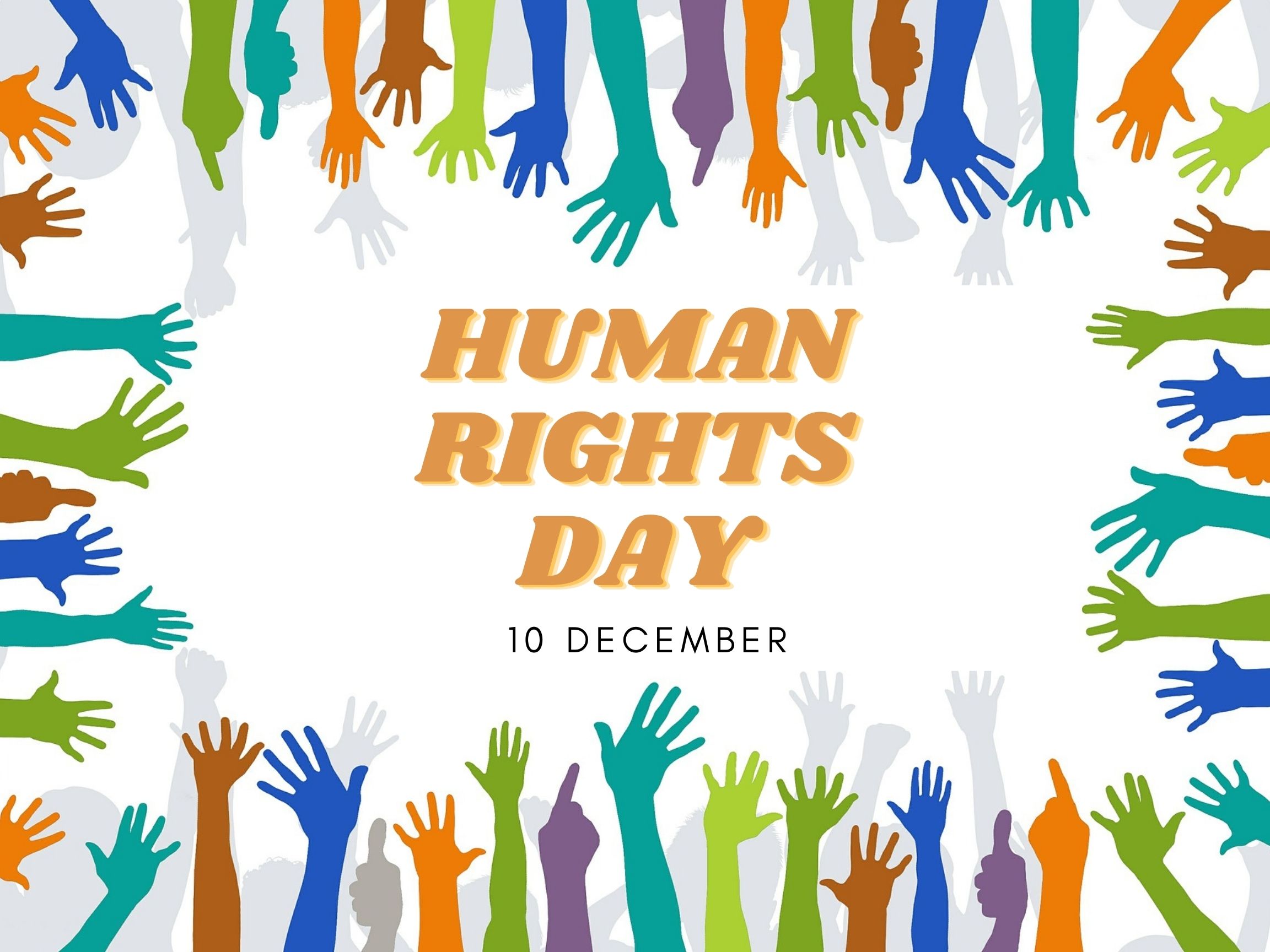
Upholding Fundamental Rights:
Human rights stand as the pillars of justice and dignity, embodying the inherent entitlements of every individual. This exploration delves into the profound significance of human rights, their historical evolution, the universal principles they encompass, and the ongoing challenges and triumphs in safeguarding these essential freedoms.
Historical Evolution of Human Rights: Foundations in Time:
The roots of human rights trace back through centuries, reflecting an evolving understanding of the inherent dignity and worth of every person. From the Magna Carta to the Universal Declaration of Human Rights, the historical journey marks milestones where societies recognized the imperative to protect and respect the rights of individuals.
Universal Principles: The Inalienable Nature of Rights:
Human rights are characterized by their universality and inalienability. Regardless of nationality, ethnicity, or other distinctions, every person is deemed to possess these rights. The foundational principles include the right to life, liberty, and security, freedom from discrimination, and the right to participate in the cultural, social, and political spheres.
Legal Frameworks: Safeguarding Human Rights Globally:
International and regional legal frameworks serve as the backbone for the protection of human rights on a global scale. Treaties, conventions, and agreements establish standards that nations commit to upholding. Institutions like the United Nations and regional bodies play a crucial role in monitoring and enforcing these standards, creating a collective commitment to human rights.
Human Rights and Social Justice Movements: Catalysts for Change:
Throughout history, social justice movements have often been intertwined with the quest for human rights. Movements advocating for civil rights, women’s rights, LGBTQ+ rights, and other causes have expanded the understanding and recognition of rights. These movements challenge societal norms, inspiring change and fostering a more inclusive and just world.
Challenges to Human Rights: Global Complexities:
While progress has been made, challenges persist in ensuring the full realization of human rights. Issues such as poverty, inequality, discrimination, and political repression present ongoing obstacles. Addressing these challenges requires a concerted effort at local, national, and international levels to create systemic change.
Emerging Issues: Navigating Technological Frontiers:
In the digital age, new challenges arise in the realm of human rights. Questions of privacy, data protection, and the impact of artificial intelligence on human autonomy pose complex ethical and legal dilemmas. Navigating these technological frontiers requires careful consideration to ensure that technological advancements align with human rights principles.
Human Rights in Times of Crisis: Resilience and Vulnerability:
Times of crisis, whether natural disasters, conflicts, or pandemics, often expose vulnerabilities in human rights protections. While emergencies may necessitate temporary limitations on certain rights, a delicate balance is required to prevent abuses and ensure that emergency measures are proportionate, necessary, and time-limited.
International Human Rights Day: Commemorating Progress:
International Human Rights Day, celebrated annually on December 10th, serves as a reminder of the ongoing commitment to human rights. It commemorates the adoption of the Universal Declaration of Human Rights in 1948 and provides an opportunity to reflect on progress made, acknowledge challenges, and renew efforts to uphold human rights globally.
Explore Human Rights Further:
For an in-depth exploration of human rights, visit Human Rights. This resource offers comprehensive insights into the historical evolution, principles, and contemporary challenges surrounding human rights. Delve into the multifaceted world of human rights and their pivotal role in shaping a just and equitable global society.


